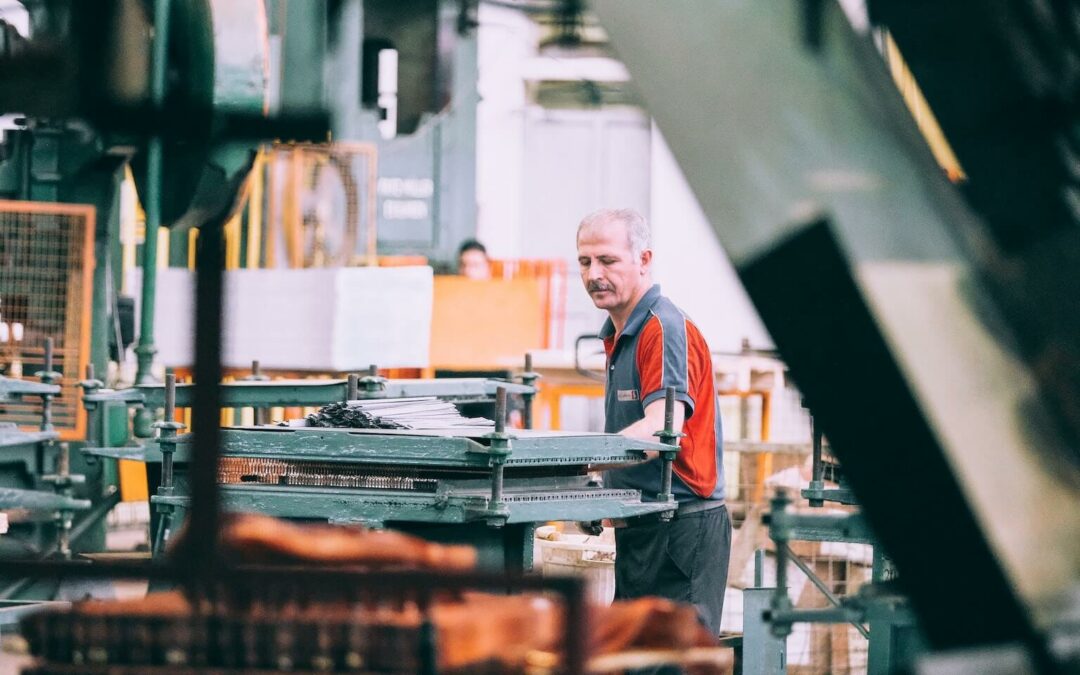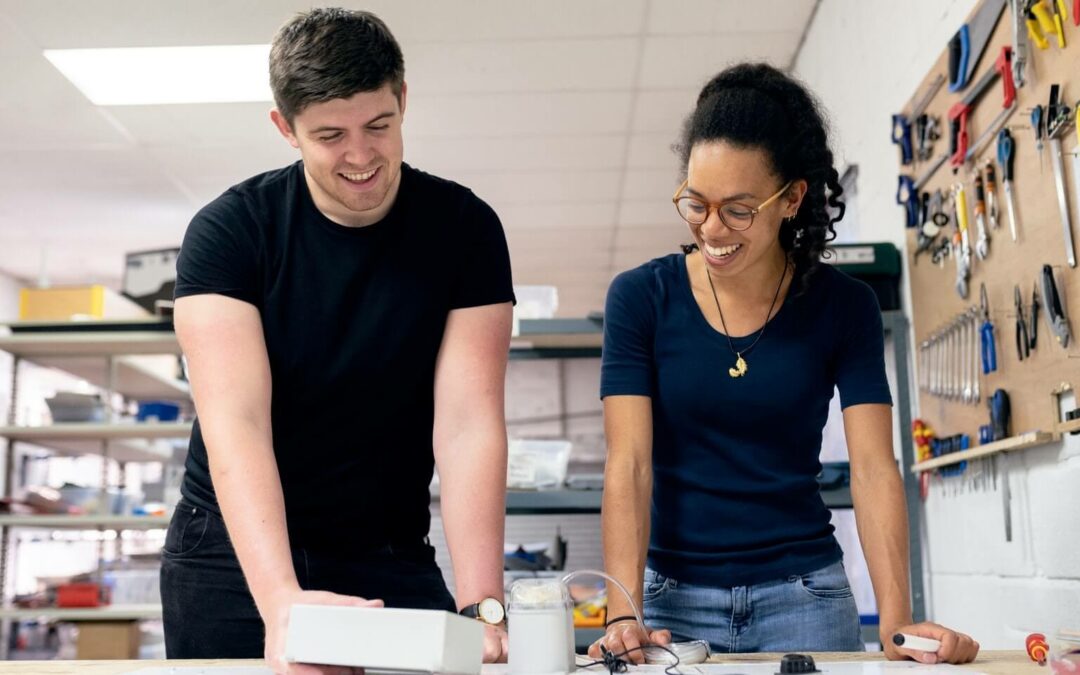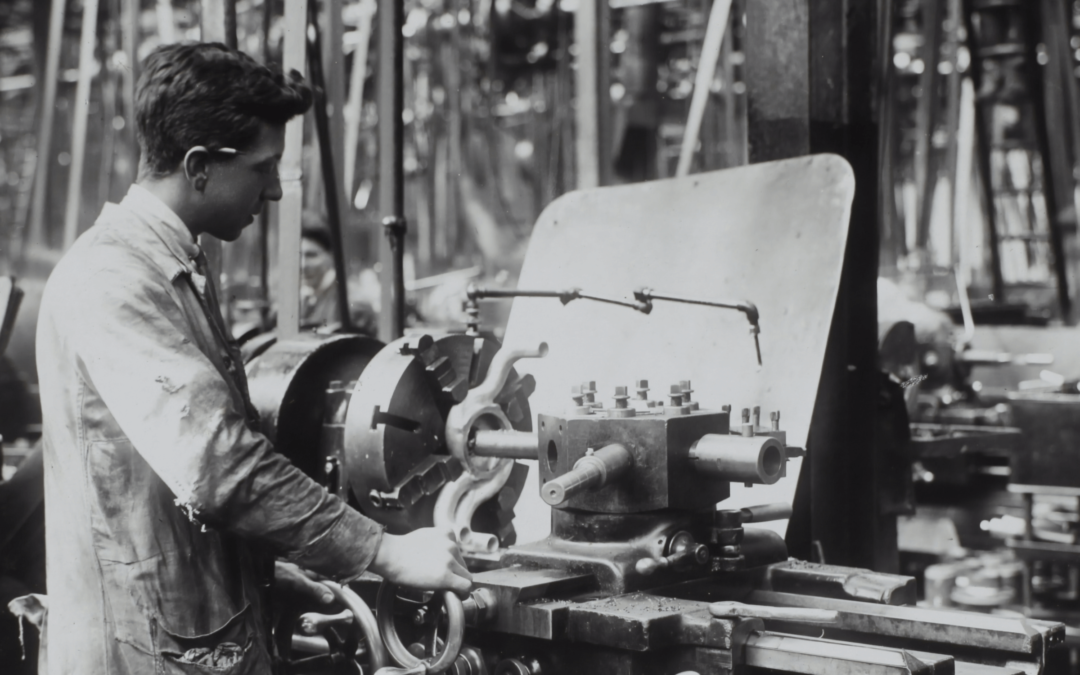
by Anne Gielczyk | Aug 15, 2023 | Company Success
As you are probably aware, the “skills gap” refers to the shortage of qualified workers, especially in industries like manufacturing. According to the latest estimates, the U.S. could see 2.4 million unfilled manufacturing jobs by 2028, putting $2.5 trillion of gross...

by Anne Gielczyk | Jul 12, 2023 | Company Success
Imagine if your HR team and direct supervisors could get specific insight into whether or not a candidate has the right skills for the job? Not only that, but your team could quickly search through a pool of applicants and select the future employee most likely to be...

by Anne Gielczyk | Jun 15, 2023 | Company Success
In an ideal world, hiring decisions should be based solely on the qualifications and abilities of the candidates rather than their race, gender, age, or other personal characteristics. Unfortunately, unconscious biases can lead to discriminatory practices, negatively...

by Anne Gielczyk | May 18, 2023 | Company Success
The widening skills gap has been a concern for well over a decade. Over the next ten years, the Manufacturing Institute Report projects that of an expected 4 million manufacturing job openings, 2.1 million will likely be left unfilled. To complicate matters, the...

by Anne Gielczyk | Apr 11, 2023 | Company Success
As we wrote about previously, standards and the certifications based on those standards can help employers identify and close their skills gaps. A “standard” documents critical skills and competencies an employee needs to perform a specific job. Many manufacturing and...

by Anne Gielczyk | Feb 16, 2023 | Company Success
The skilled trades and manufacturing industries are consistently advancing technologically, creating new positions and the need for new and improved skills among current employees. While this is certainly positive, it results in increasing the already problematic...







Recent Comments